University of California San Francisco
Give to UCSF-
-
What is Respiratory Syncytial Virus (RSV)?
UCSF Benioff Children’s Hospitals experts weigh in on what RSV is and why we’re seeing so many cases.

-
What’s the Best Way to Get Rid of Blackheads?
-
With COVID, Flu and RSV, Is the Bay Area Facing a Winter Virus ‘Tripledemic’?
-
Chancellor Highlights Science Plus Service in State of the University Address
“Science + Service” was the theme for Chancellor Sam Hawgood’s ninth annual State of the University on Nov. 3, 2022.
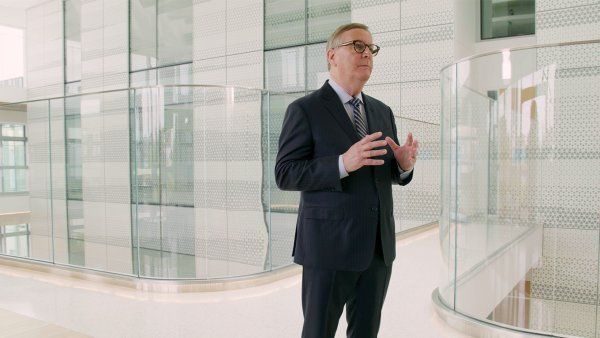
-
Can Gut Microbes Impact Chemotherapy? So Far, the Answer is ‘Yes’
Bacteria in our guts may play a significant role in the metabolism of anti-cancer drugs that are critical for treating colon cancer and other types of cancers.
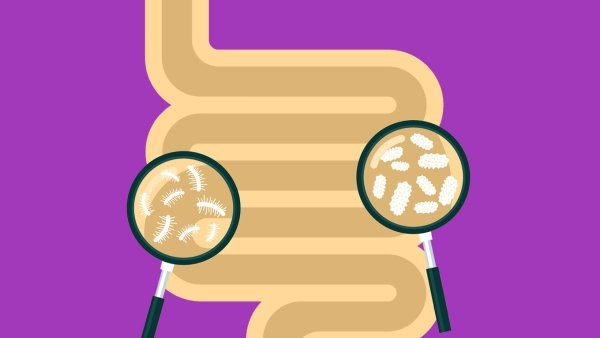
-
UCSF Study Sheds Light on the Reasons Behind Sex Differences in Myocarditis
Immune checkpoint inhibitors (ICIs) used in cancer care can cause myocarditis, a potentially fatal side effect, and it appears that the adverse cardiac effects may disproportionally impact female patients.
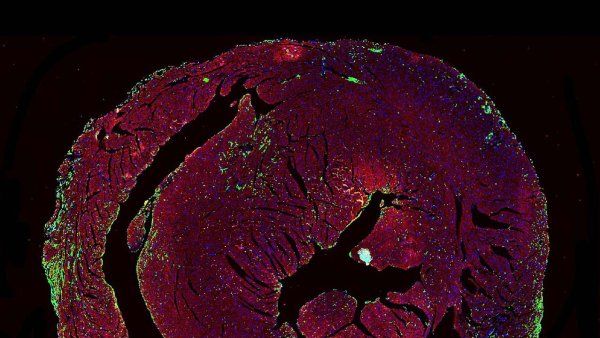
-
Can’t Sleep? Try Sticking Your Head in the Freezer.
-
Travel Time to Abortion Facilities Grew Significantly After Supreme Court Overturned Roe v. Wade
-
$147M Grant Will Address Imbalances in Alzheimer’s Study
A $147 million grant will expand diversity among Alzheimer’s disease research participants, and involve partners from UCSF, the San Francisco VA Medical Center, and the Northern California Institute for Research and Education.
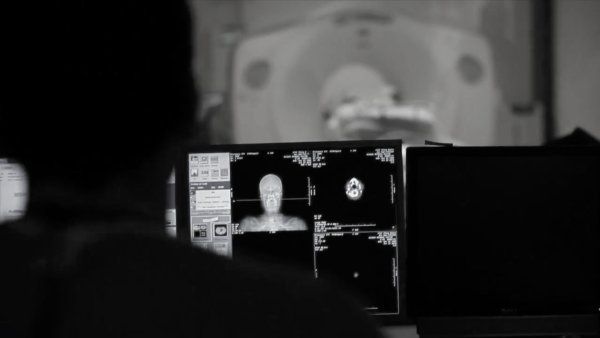
-
Model Shows Where Women Lost Access to Abortion After Dobbs
A third of American women of reproductive age now face excessive travel times to obtain an abortion, according to a new geospatial analysis by researchers in San Francisco and Boston that is one of the first to model the effects of the Supreme Court’s recent Dobbs v. Jackson decision.
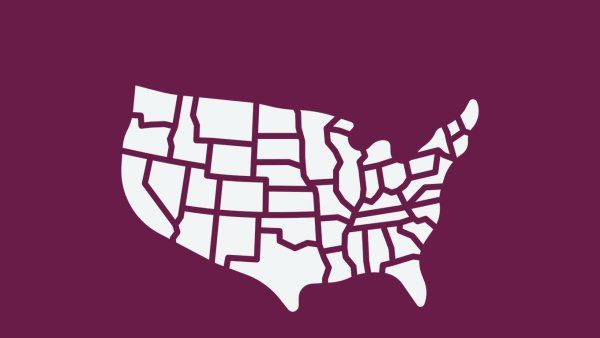
-
Why Has October Been So Bad for a Virus Known as RSV?
-
Speedy Response After Stroke Facilitates a Full Recovery
After Don Onken suffered a stroke at 78, a quick response by doctors at the UCSF Medical Center at Parnassus Heights helped him get back on his feet quickly – and back to the golf course.

-
UCSF, Institut Pasteur Develop Center on Emerging Infectious Disease
Nevan Krogan, PhD, director of UC San Francisco’s (UCSF) Quantitative Biosciences Institute (QBI) and founder of QBI’s Coronavirus Research Group (QCRG), has been awarded the Legion of Honor, France’s highest honor, in a ceremony in Paris.
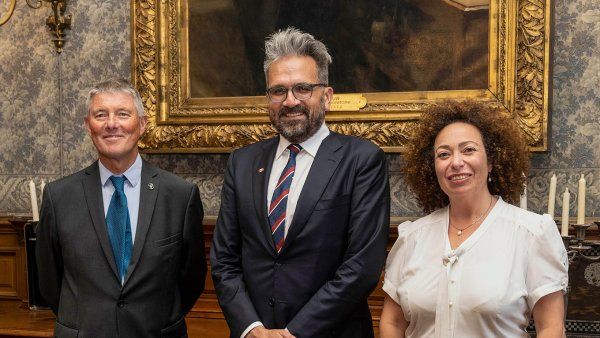
-
UCSF’s Nevan Krogan Wins France’s Highest Honor
Nevan Krogan, PhD, director UCSF’s Quantitative Biosciences Institute (QBI) and founder of QBI’s Coronavirus Research Group (QCRG), has been awarded the Legion of Honor, France’s highest honor, in a ceremony in Paris.

-
UCSF Launches Initiative to Address Disparities in Pulse Oximetry Performance
The Open Oximetry Project is a multi-year initiative to improve access to safe pulse oximeters worldwide by sharing data and creating new standards and technologies for oximeter validation that better account for skin color.
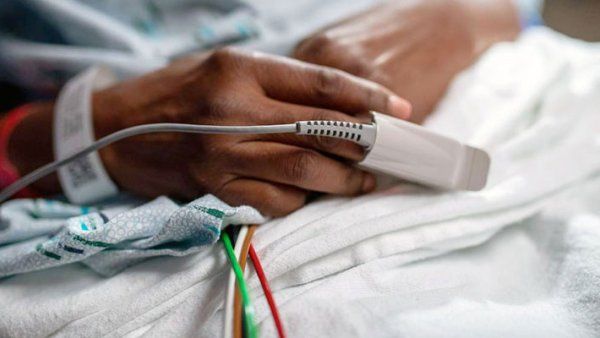
-
Machine Learning Enables Diagnosis of Sepsis, the Elusive Global Killer
A new diagnostic method that applies machine learning to advanced genomics data from both microbe and host to identify and predict sepsis cases was developed by researchers at UCSF, the Chan Zuckerberg Initiative, and CZ Biohub.

-
Uterine Cancer Cases Are Rising. Here’s What to Know.
-
UCSF Welcomes Ashley Biden
Ashley Biden, MSW, social worker and justice reform advocate, was welcomed to UCSF in October by colleagues and representatives from organizations supporting victims of violent crime.
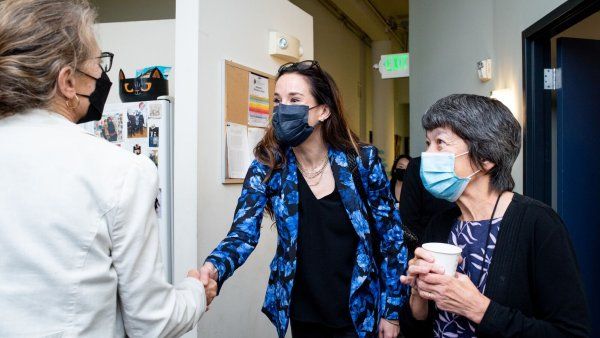
-
Non-White Newborns With Cystic Fibrosis More Likely To Be Missed in Screening
Cystic fibrosis is missed more often in newborn screenings for non-white than white babies, creating higher risk for irreversible lung damage and other serious outcomes in Black, Hispanic, Asian, American Indian and Alaska Native newborns.

-
Justice Advocate Ashley Biden Touts Role of Trauma Support Pioneered in SF
-
Fatty Liver Linked to Survival in E. Coli Infection
Scientists at UCSF have developed a new way of looking at sex-biased diseases that is rooted in evolutionary biology.
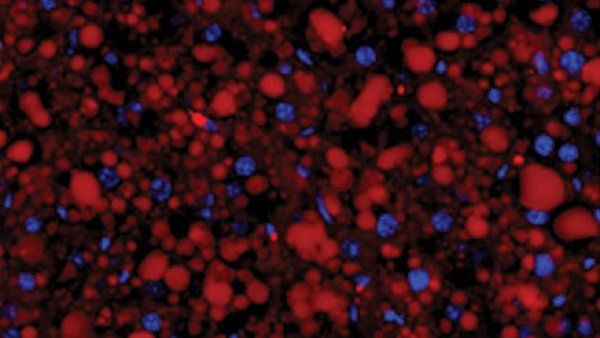
-
Marijuana, Meth, Cocaine and Opiate Use are Linked to Atrial Fibrillation
A new UCSF study researchers of more than 23 million people concludes that some commonly used and abused drugs pose previously unidentified risks for the development of atrial fibrillation (AF), a potentially deadly heart-rhythm disorder.

-
Small-Molecule Drug Reverses Neural Effects of Concussion
A small molecule called ISRIB that was identified at UCSF can reverse the neuronal and cognitive effects of concussion in mice weeks after an injury occurred, new research found.
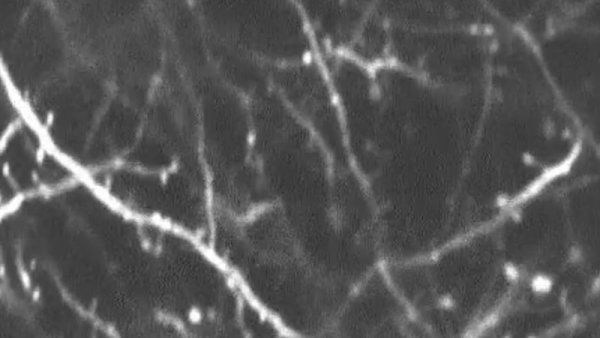
-
3 UCSF Faculty Elected to the National Academy of Medicine for 2022
Three UCSF faculty members are among the 100 new national members elected this year to the National Academy of Medicine (NAM), one of the highest honors in the fields of health and medicine.
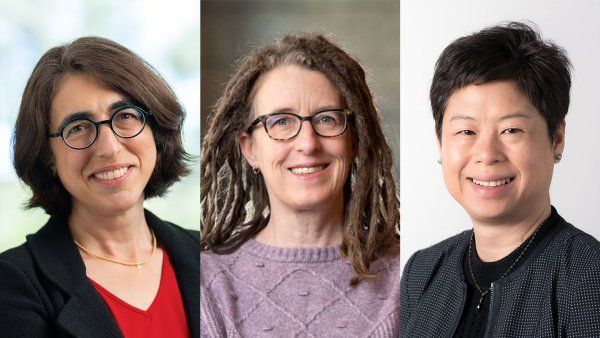
-
Marijuana Use Linked to Atrial Fibrillation in New UCSF Study
-
New Industry Documents Highlight Role of Pharmacies in Driving Opioid Epidemic
Johns Hopkins University and UCSF, have added new documents to the Opioid Industry Documents Archive that detail the role of retail pharmacies in the opioid overdose epidemic.

-
Senescent Cells also Help to Heal Damaged Tissues
Not all senescent cells are harmful “zombies” that should be wiped out to prevent age-related disease. New research from UCSF found that some of them are embedded in young, healthy tissues and promote normal repair from damage.
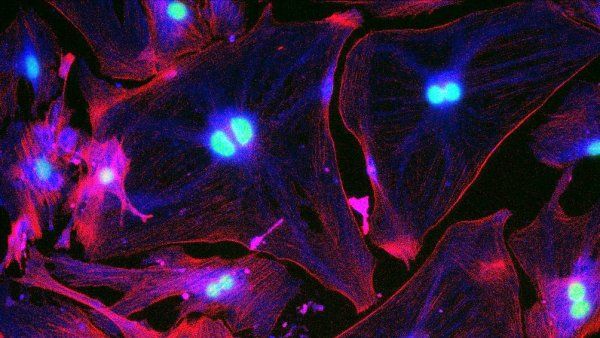
-
It’s an Epidemic the Health Care Industry Is Still Trying to Cure – Its Own Racism
-
Long COVID May Set You Back a Decade in Exercise Gains